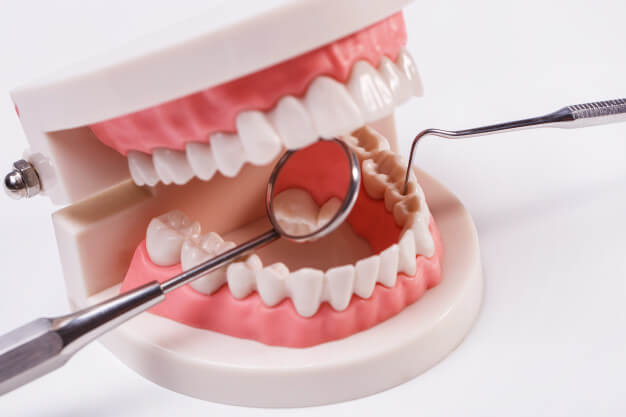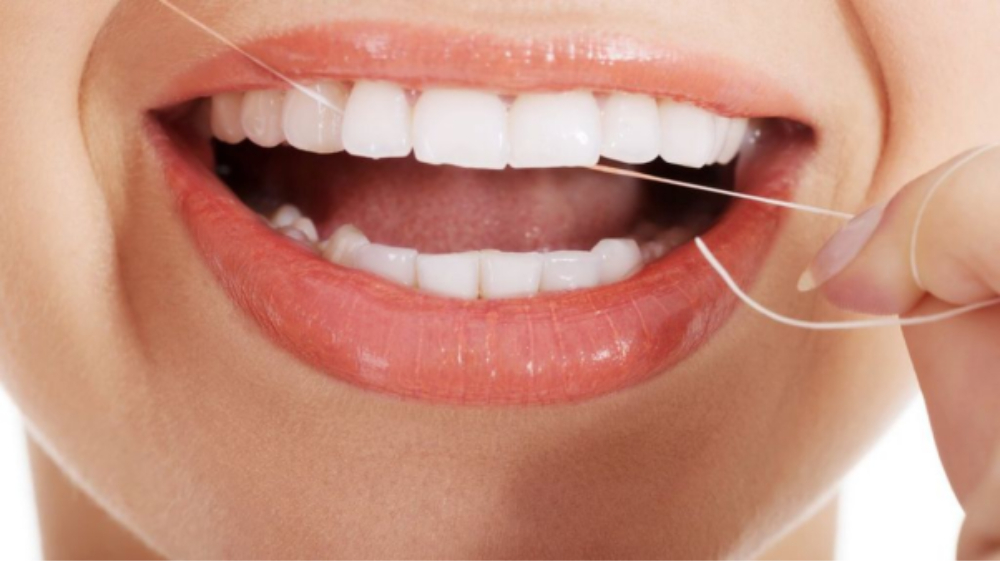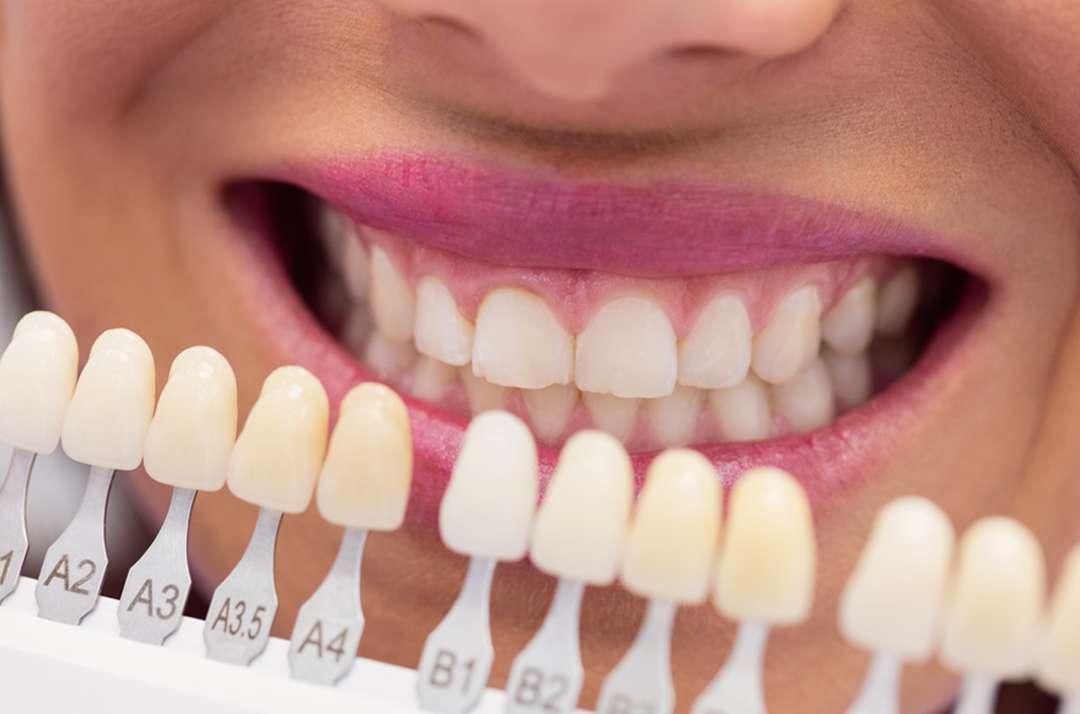An impacted wisdom tooth is a condition where the third molars (wisdom teeth) are prevented from erupting into the mouth. This can be caused by a physical barrier, such as other teeth, or when the tooth is angled away from a vertical position. Partially erupted wisdom teeth can develop cavities or pericoronitis. Third molar extraction is one of the most frequent procedures in oral surgery. To prevent potential future problems, some dentists and oral surgeons recommend wisdom tooth extraction even if impacted teeth aren’t currently causing problems.
Some wisdom teeth may have no symptoms but there may be a problem developing or there is a high risk of a problem developing that you may be unaware of. There is strong evidence to show those wisdom teeth that are mesially or horizontally positioned that have not erupted fully have a high risk of decay occurring within the wisdom tooth and also to the tooth in front. If left alone the decay may get to the extent that you may develop pain from both teeth. If the tooth in the front is decayed it will need to be repaired by the Dentist after the wisdom tooth has been extracted. The decay may get to the extent that the tooth in front has to be removed as well. The same may occur to the bone support around these teeth (periodontal disease). Sometimes cysts can form around the wisdom tooth. A cyst occurs when fluid fills the sack that normally surrounds a developing wisdom tooth and can slowly increase in size.
An impacted wisdom tooth may: Grow at an angle toward the next tooth (second molar), at an angle toward the back of the mouth, at a right angle to the other teeth, as if the wisdom tooth is “lying down” within the jawbone, straight up or down like other teeth but stay trapped within the jawbone. Most wisdom tooth extractions don’t result in long-term complications. However, removal of impacted wisdom teeth occasionally requires a surgical approach that involves making an incision in the gum tissue and removing bone and done under local anesthesia.
There will likely be some discomfort and swelling both on the inside and outside of your mouth after surgery. This is usually worse for the first three days but it may take up to two weeks before all the soreness goes. You may also find that your jaw is stiff and may not be able to open fully. You will need to eat a soft diet for a week or so. There may be some bruising of the skin of your face that can take up to a fortnight to fade away. The application of an ice pack during the first 24 hours post-operatively may help. Do not apply the ice pack directly to your skin – wrap the ice pack in a towel first. The older you are having a wisdom tooth removed the longer it will take to recover.




